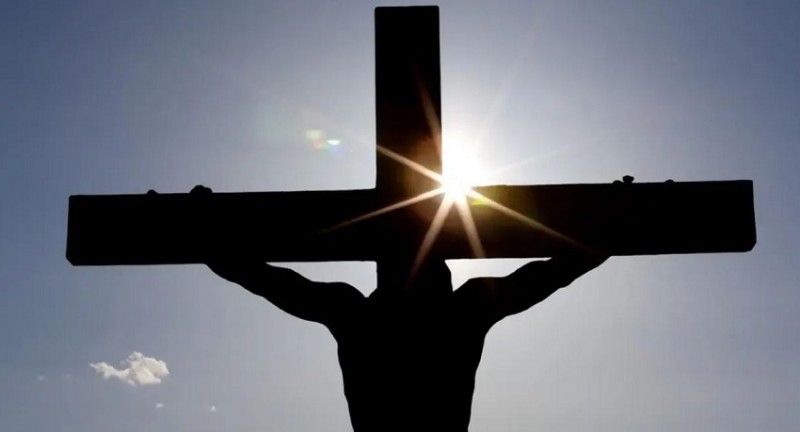
The term "Good" Friday carries a profound meaning rooted in the ultimate sacrifice made by Jesus Christ. It signifies goodness not in the sense of joy or celebration, but rather in the redemption and reconciliation it brings between humanity and God. Jesus willingly surrendered his life with the assurance that he had the authority to lay it down and to take it up again. Far from being a tragic event, Good Friday was a pivotal moment in a divine script authored and directed by God Himself, aimed at achieving the greatest possible outcome for humanity. Thus, labeling it as "bad Friday" would be misleading, as it was an essential part of God's plan for salvation and restoration.
Christians worldwide observe Good Friday, a day filled with mixed emotions. Despite its name implying a joyful occasion, the day actually marks the crucifixion of Jesus Christ, a solemn event in Christian belief. This apparent contradiction has sparked ongoing discussions among believers and scholars alike.
For many Christians, Good Friday holds deep significance as a day of mourning and reflection on Jesus Christ's suffering and sacrifice. Church services often center around the events leading to his crucifixion, including his betrayal, trial, and journey to Calvary. These services emphasize the sadness associated with this crucial moment in Christian history.
Yet, some Christians see Good Friday as a necessary step toward Jesus Christ's triumph over death and sin. They view the crucifixion not only as a tragedy but also as an expression of God's love and a precursor to his resurrection on Easter Sunday. Here, the term "good" symbolizes the promise of redemption and eternal life through Christ's sacrifice.
The debate over these contrasting perspectives continues among theologians and believers. Some argue that "Good Friday" may be a mistranslation or a shift in language over time. However, many believe that the day's significance surpasses its literal name, reflecting the diverse interpretations within the Christian faith.
Regardless of one's viewpoint, Good Friday holds a central place in the Christian calendar, prompting believers to contemplate their faith and the sacrifices made for their salvation. In many communities, it serves as a unifying force, bringing people together to commemorate shared beliefs and find strength in collective observance.
As discussions persist, Good Friday serves as a poignant reminder of the complexities within the Christian faith, encouraging believers to engage in thoughtful reflection and seek a deeper understanding of their spiritual journey.
Good Friday 2024: History, significance and Special Facts you need to know